

Matt Campbell
2025 Porsche 911 Carrera T review
6 Days Ago
By mutual consent, Ford and Rivian have decided to cancel plans for a Ford-badged model using Rivian's platform.

Journalist
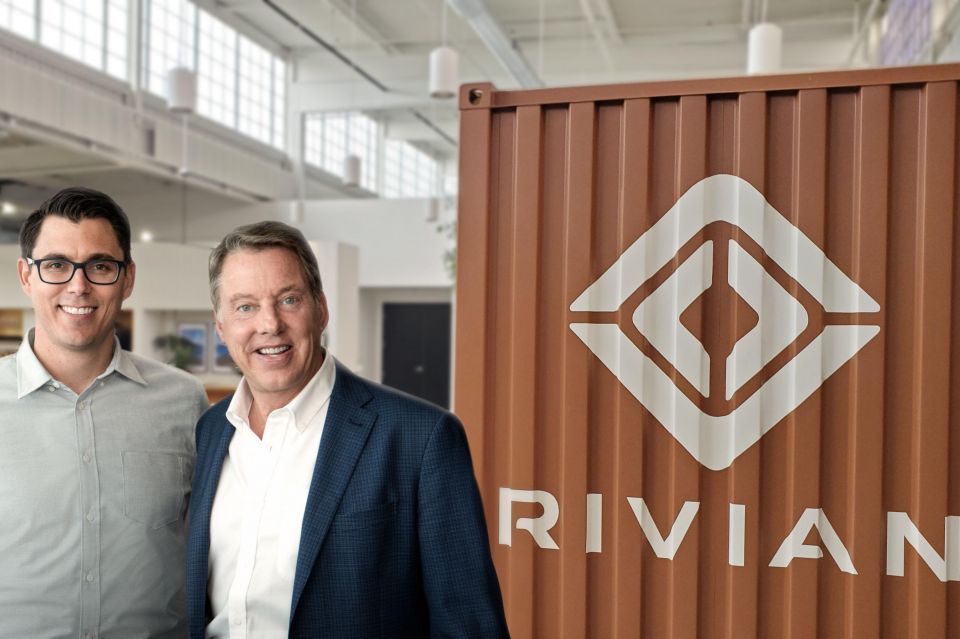

Journalist
Ford and Rivian are going their own way product-wise, but the legacy automaker will retain its 12 per cent stake in the fledgling EV firm, which recently began production of its R1T pickup truck.
Last week Ford CEO Jim Farley confirmed to Automotive News the Blue Oval was no longer planning on developing a model based on Rivian’s skateboard EV architecture.
When Ford first invested US$500 million ($690 million) in Rivian, it was announced Ford would build two vehicles atop Rivian’s EV skateboard platform: one each for Ford and Lincoln.
The Rivian-based Lincoln was cancelled in April 2020 with Ford citing uncertainty due to the COVID-19 pandemic.
Ford has since upped its investment to US$1.2 billion ($1.7 billion) in the startup car company. Thanks to Rivian’s listing on the NASDAQ stock exchange, Ford’s stake is now said to be valued at around US$10 billion ($13.8 billion).
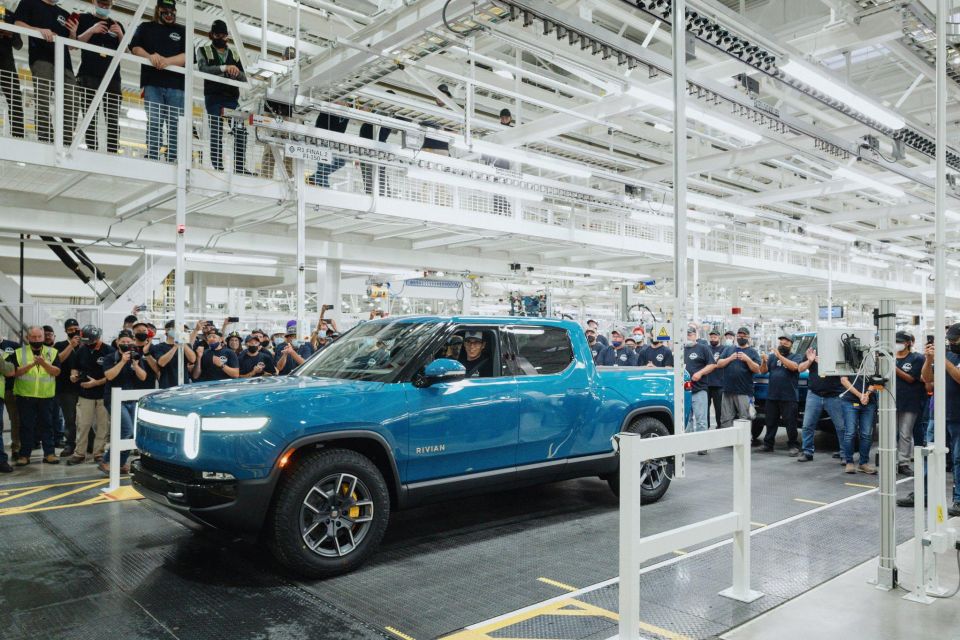
Farley told the trade publication the change of plans was due to Ford’s “growing confidence in our ability to win in the electric space”.
He believes “so much has changed” since Ford took its first stake in Rivian in April 2019. The company, he claims, is now confident about its EV roadmap and capabilities, and is certain it will “emerge out of this transition to a digital product with a much higher valuation”.
Largely off the back of the existing Mustang Mach-E and upcoming F-150 Lightning pickup truck, Ford is aiming to be the second largest EV brand in the US behind Tesla by 2022.
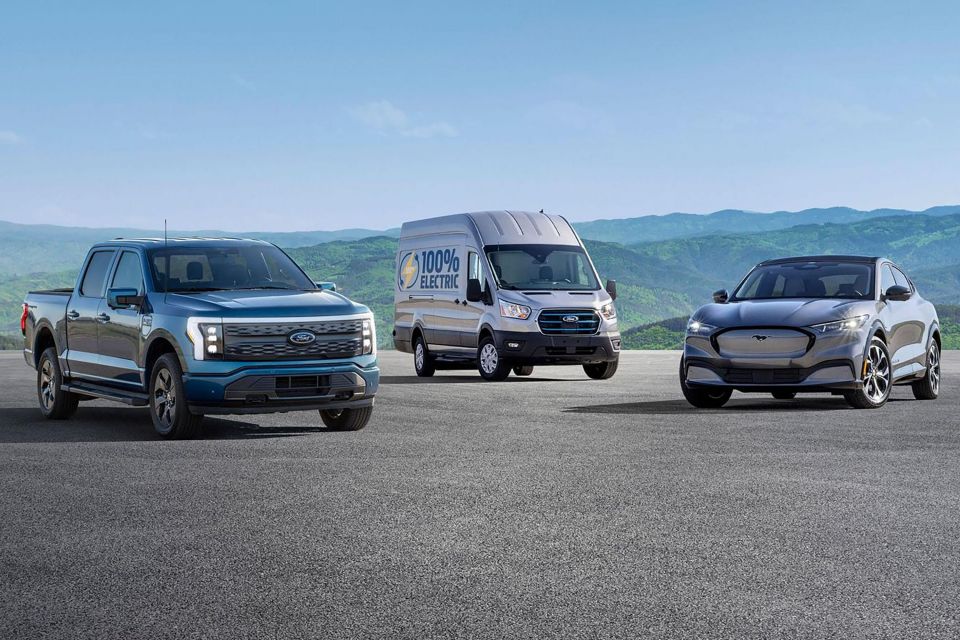
Other reasons cited by Farley for calling off the model partnership include the complexity in integrating Ford’s software into Rivian’s platform, and “slightly different business models” for both companies.
Despite ditching Rivian’s ready-to-go architecture for its own, Farley believes the relationship is still strong and is a believer in Rivian’s plans.
For its part, Rivian told Automotive News the automakers had “mutually decided to focus on our own projects and deliveries”, and called Ford an “investor and ally on our shared path to an electrified future”.
Although Ford wasn’t able to integrate its services platform into Rivian’s architecture, it’s developing at least one new model based on Volkswagen’s MEB architecture for the European market.
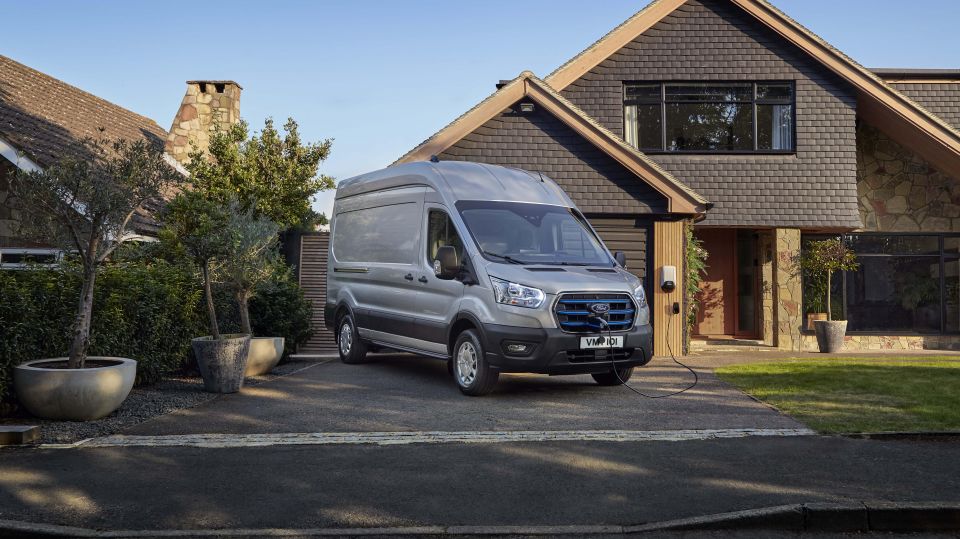
Ford Australia’s first electric vehicle will be the e-Transit van, which is due to arrive Down Under around the middle of 2022.
Beyond this, the company announced in May it’s developing two EV platforms: one is for cars and crossovers, and is based on an evolution of the Mustang Mach-E’s architecture, while the other is for body-on-frame vehicles, such as pickup trucks and large SUVs.
These new EV platforms won’t be ready until around 2025, though. To power these new electric cars, Ford has taken battery development in house and is looking to build two battery plants in the US.
All up the company expects EVs to account for 40 per cent of its global sales by 2030.
Derek Fung would love to tell you about his multiple degrees, but he's too busy writing up some news right now. In his spare time Derek loves chasing automotive rabbits down the hole. Based in New York, New York, Derek loves to travel and is very much a window not an aisle person.


Matt Campbell
6 Days Ago


James Wong
5 Days Ago


Max Davies
4 Days Ago
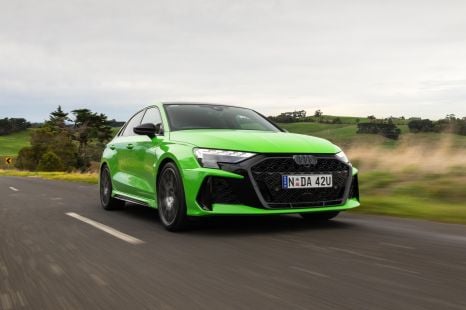

Josh Nevett
3 Days Ago
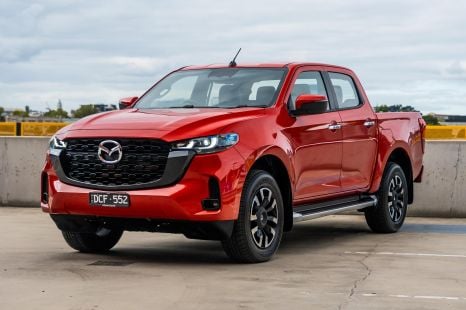

Josh Nevett
2 Days Ago
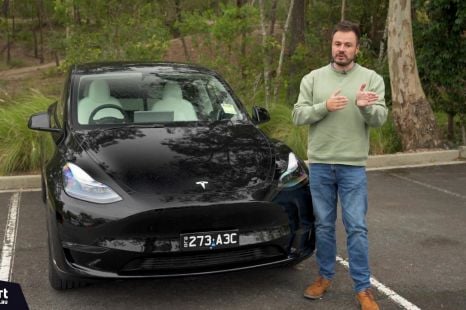

Paul Maric
24 Hours Ago